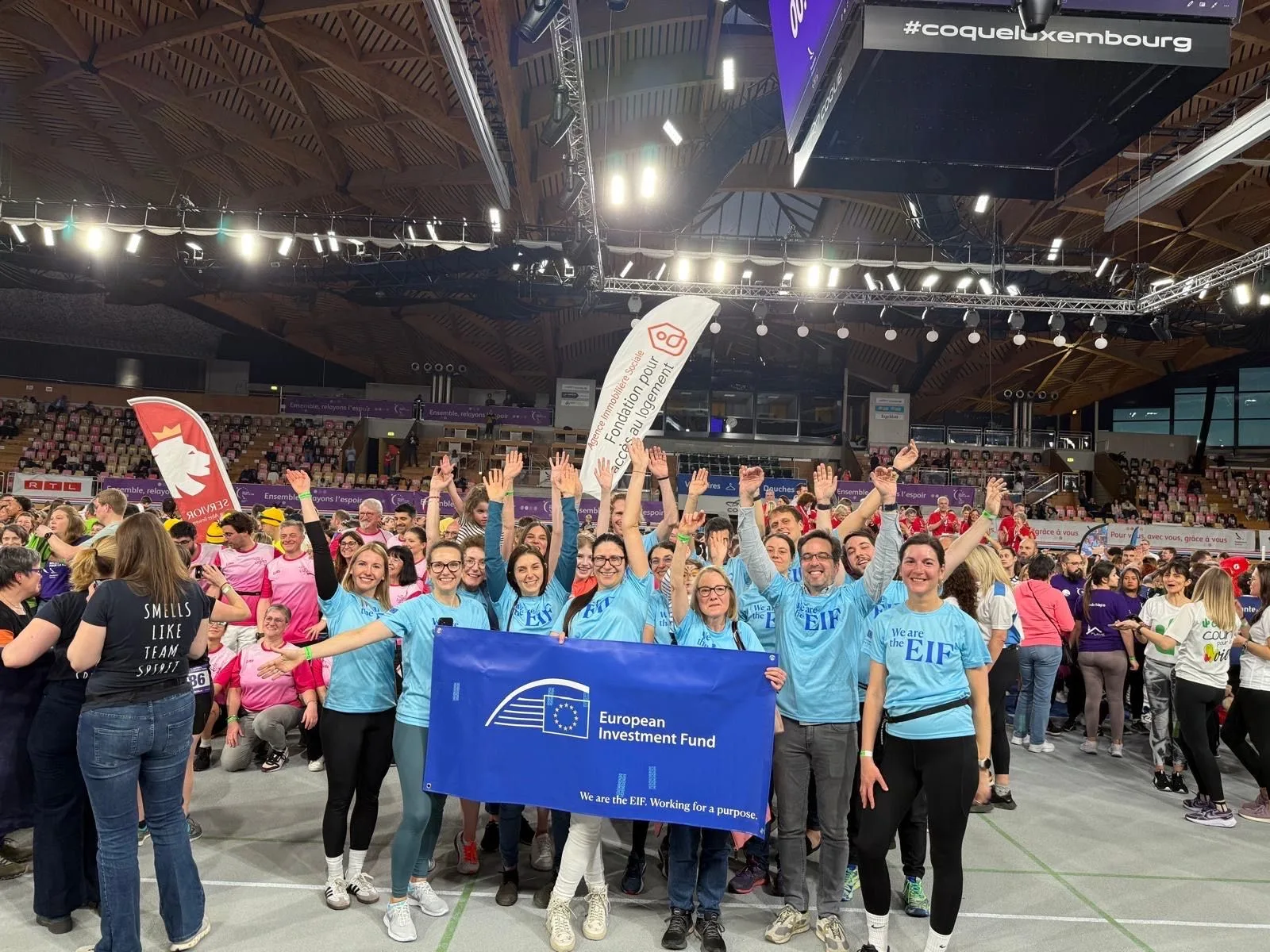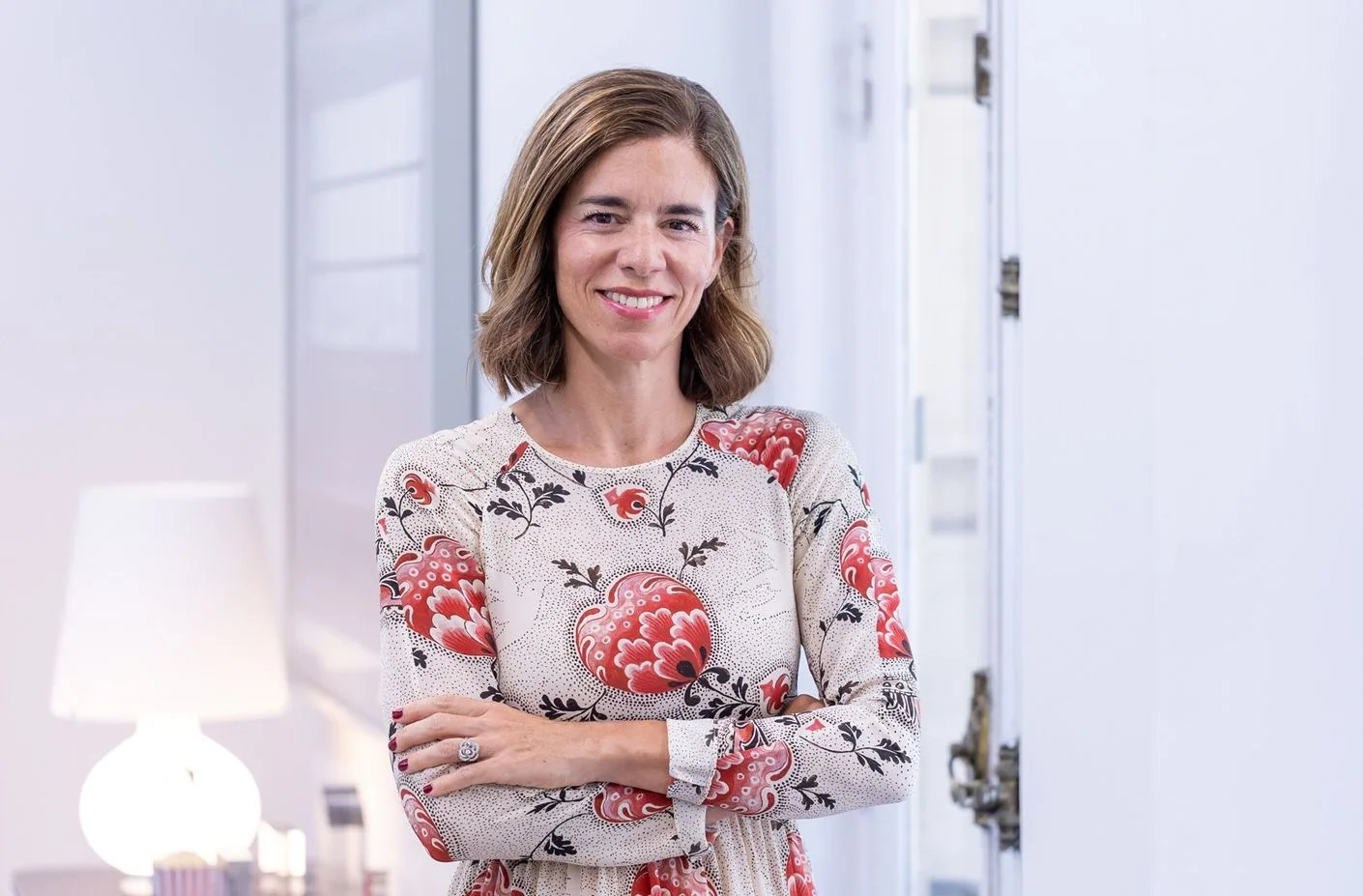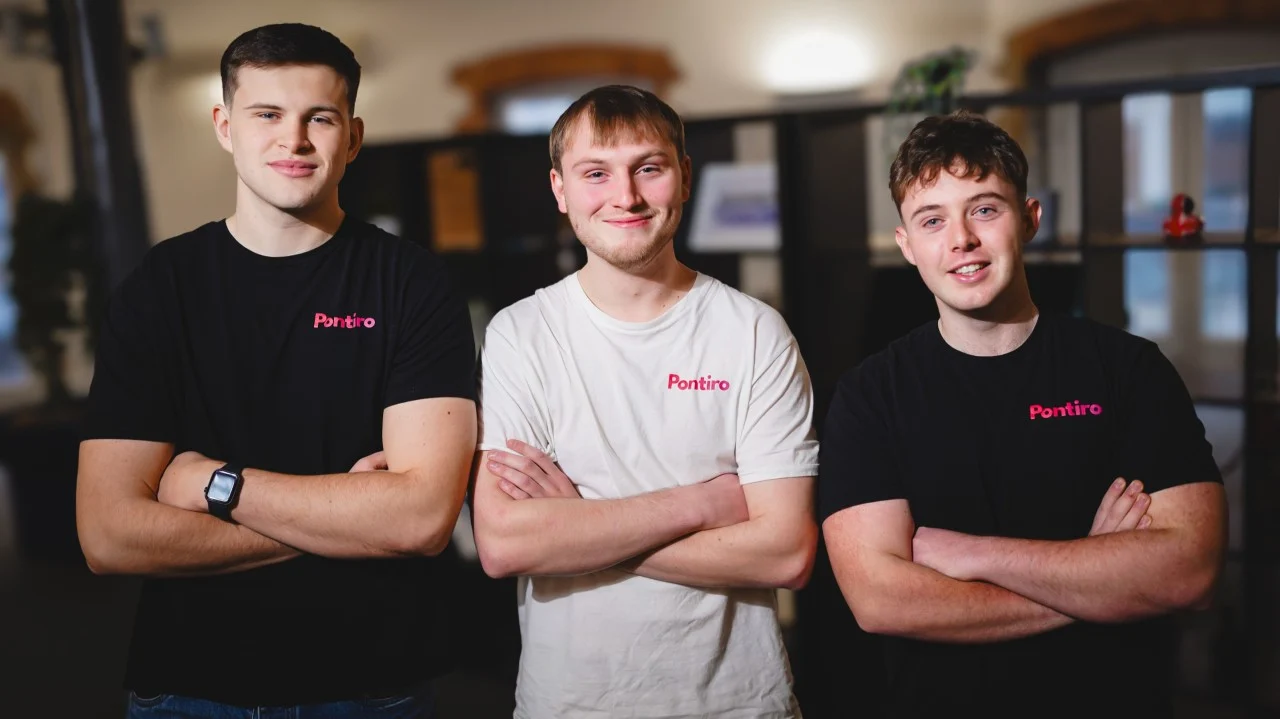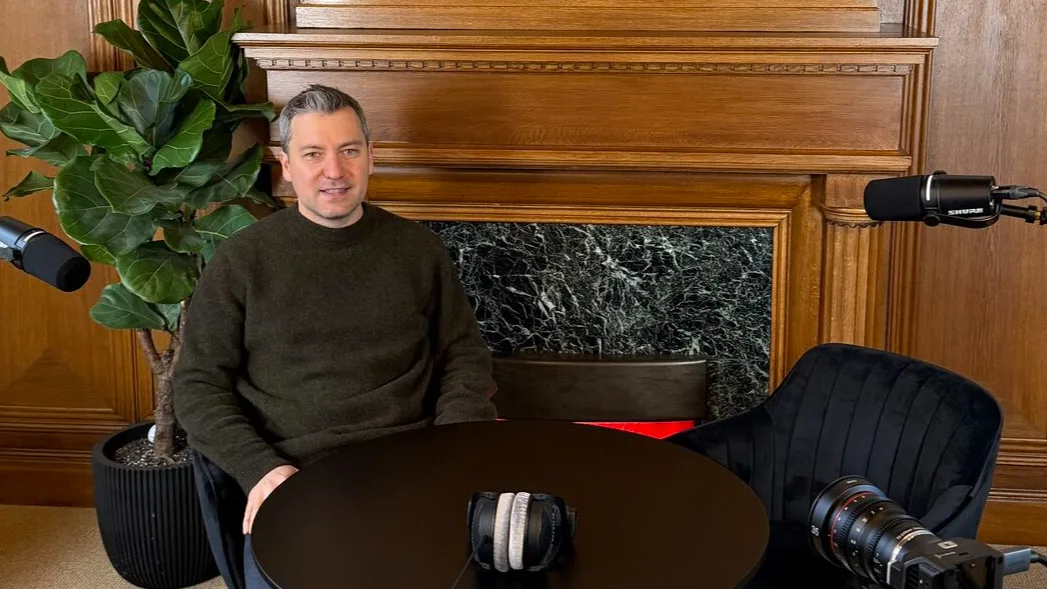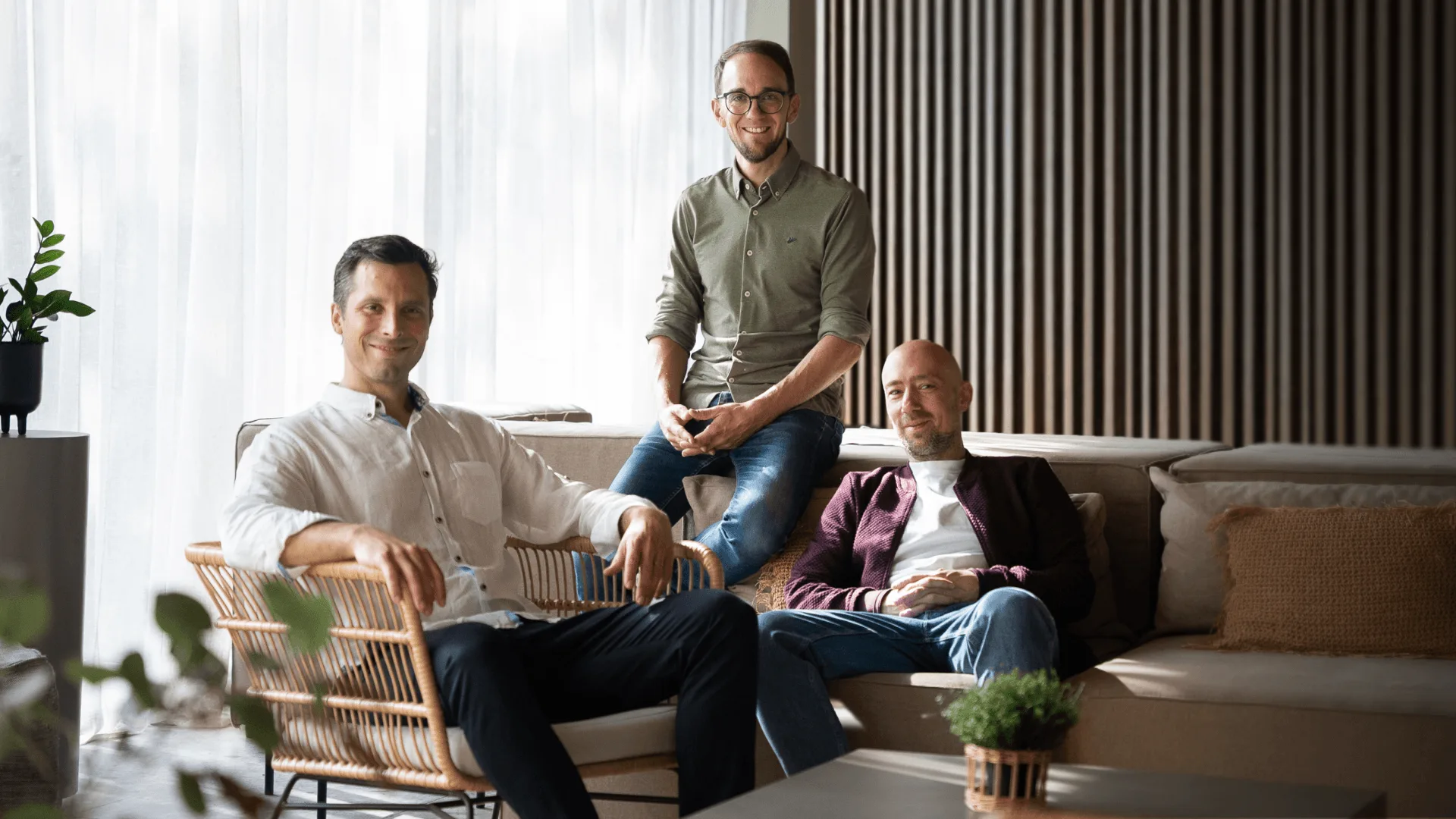Flyer One Ventures is an international early-stage investments firm with offices in London, Kyiv, and Lisbon, investing $100K–$1M in early-stage startups from the CEE region. It has a team of 20+ people with cross-functional expertise who work daily for the portfolio. Flyer One Ventures believes in practice, not theory, and gets involved in creating products that take off.
Fund Strategy Overview
Geography: Central and Eastern Europe
Preferred industries: Consumer Space, B2B SaaS, Enterprise Software
Investment ticket: $100K–$1M
Company stage: Seed, Series A
Product type: Mobile apps, Web apps, Software, SaaS
Product stage: Growth stage, early traction
Revenues: Post-revenue
Q&A with Vital Laptenok, General Partner of Flyer One Ventures
What are the 5 main things you look for in a startup?
- Outstanding team. We strongly emphasize the founding team. Their experience, background, motivation, and leadership skills are crucial in determining their potential for success. We are looking for founders who can get things done, change the world, and maintain optimism. We respect founders who, even during tough times, continue to establish and grow new companies.
- Market size. The startup must target a large market to maximize its chances of being successful and global. A market with a $1Bn revenue potential is good, but targeting an even larger audience — say, a $10Bn+ market — will result in a ten-fold increase in the company’s value.
- The solved problem. The product we are looking for must solve a real existing problem of thousands and millions of people. We don't care that dozens of competitors are trying to solve a similar problem, we care how you do it better, faster, and more efficiently than them.
- Retention. Acquiring customers is meaningless if they don’t stay. A high retention rate indicates a strong likelihood of monthly growth. At Flyer One Ventures, we avoid startups with low retention rates, as it is more challenging to grow such companies. The cost of acquiring new customers is much higher than retaining the existing ones.
- Bold vision. Founders must have a clear and bold vision and the ability to move forward with it, even in times of crisis. This shows that the company can survive and maintain operations no matter what.
What disqualifies a startup as your potential investment target?
We disqualify a startup as a potential investment target if it has a poor capital structure. For example, a CEO owns only 5% of the company, or founders collectively have less than 50%. Additionally, we are concerned about investing in a startup when its early investor owns 30% or more of the company.
We could be discouraged from investing in a startup that targets a small market (under $10Bn globally) or a dead market with no significant deals in the last five years.
This should go without saying, but a founder who’s unpleasant in communication, overly aggressive, impolite, or exhibits sexist or racist behaviour in personal or public communication is a huge no-no, too.
What, in your opinion, differentiates the best founders from the rest?
We consider many factors when making a deal. Roughly speaking, we look at the founder’s ability to get things done, make a change, and remain optimistic.
We believe startup founders must be able to expand their vision despite hardships — it makes us understand that a company can survive and keep everything under control in times of crisis.
What startups should take into account before making a deal with a VC fund?
It's crucial to assess if there's a good personality fit between the VC and startup teams. We also pay attention to the additional value we, as an investor, could add.
The Smart Money concept has been around for over a decade, but not all VCs can provide tangible support and resources to help the startup grow. Founders should see if investors can provide them with the needed support, and check their portfolio to see if there are any startups to reach out to for feedback.
Ideally, a VC should have a proven track record of proactively supporting its portfolio. Indicators that this is the case could be a strong internal team of experts, a vast network, a knowledge base platform, a list of partners offering discounts, and so on.
What is your approach to startup valuation and preferable share in the company?
At Flyer One Ventures, we prefer to hold a 1-10% stake in the company. We aim for investment rounds that are up to $3 million with a startup valuation of up to $30 million.
How do you support your portfolio companies?
Flyer One Ventures is about practitioners — not theorists. Our strong focus is Smart Money, which means that we aren’t just investing to cover a startup’s burn rate. F1V helps its portfolio companies with business operations using our internal resources.
The fund has in-house experts that help with five main areas:
- Talent acquisition. Our recruiting team works exclusively with the F1V portfolio companies and helps them hire the best people on the market.
- Digital marketing. F1V closely works with the Genesis companies and matches its portfolio with Genesis’s digital marketing specialists. They advise portfolio startups on how to reach profitability, increase their return on marketing investment, and scale.
- Legal advice. We have a team of lawyers that helps startups with all legal issues. They structure deals, negotiate transactions, draft complex documents, and support portfolio companies in future investment rounds.
- Fundraising. If our portfolio companies are raising their next Series A and Series B rounds, we help them prepare documents and pitch decks, make financial forecasts, and calculate unit economics.
- Financial statements. From the very initial stage, we show startups how to prepare financial statements and build financial models.
Additionally, our portfolio companies get access to a range of perks that we provide. This includes access to our network, workshops we arrange, and discounts from companies like Google, Meta, and Miro.
What are the best-performing companies in your portfolio?
We currently have 60+ portfolio companies, but I would single out our Ukrainian founders. They have always been able to bootstrap projects and stay optimistic in times of crisis.
Despite the all-out war in Ukraine and constant power outages caused by Russian missile attacks, none of our portfolio companies has died. Managing an enormous crisis like this, ensuring that the team works seamlessly across offices, and entering new markets all the same — these are impressive achievements that every Ukrainian startup in our portfolio has accomplished.
Most of our portfolio companies continue to attract funds and grow: 27 companies raised new rounds in 2022.
Among the top performers, I would highlight Fintech Farm, Awesomic, Mate Academy, and Greenscreens.ai.
What are your notable lessons learned from investments that didn’t work out as expected?
Motivation is essential to success, especially when you’re a startup. If founders lose this motivation and give in to the pressure and stress, their startup will likely go bust.
Founders must dedicate all their time to building their startups. It’s a bad sign when a founder has a side gig and starts spending more and more time on it.
One more lesson I learned: The best time for a startup to start fundraising is after a freshly closed round.
What are the hottest markets you currently look at as VC, and where do you see the biggest hype?
CEE is hot due to its rapid growth, thriving unicorn scene, and impressive talent pool. European VCs raised over €16Bn in 2022, and CEE showed the highest growth rate in this regard compared to other parts of Europe.
CEE has produced unicorns such as AirSlate, Unstoppable Domains, Bolt, CD Projekt, Skype, Wise, and GitLab. The region is home to top developers from countries like Moldova, Romania, Ukraine, and Poland, making it an attractive location for talented and highly educated startup creators.
As per hype, investors are all turning their eyes to generative AI. Many new AI startups will appear in the near future thanks to Stable Diffusion, Midjourney, and ChatGPT. Some will offer ways to use AI for videos, texts, and ads.
There may also be AI startups automatizing UX testing, logistics control rooms, and customer support services. I’m sure chatbots will reappear using ChatGPT-like tech.
There will be more AI companies helping other businesses make decisions. Last year, for example, some VC firms started to trust their investment decisions to AI.
In your view, what are the key trends that will shape the European VC scene in the coming years?
Value-add communities. While the concept of smart money has been around for about 10 years, there is a gap between the idea of investors helping portfolio companies and the reality of the situation. In the coming years, VCs are going to increasingly create communities centred around their investment firms. These communities would add value to the portfolio, allowing non-competing founders, business experts, and investors to collaborate and exchange knowledge. This is something that many top and emerging VCs have already begun to do, aiming to make a real and tangible contribution instead of just pretending to be helpful.
Democratizing access to the opportunity to invest in startups. The stock market was transformed by the Robinhood app, which simplified stock investing for the masses, and it was only a matter of time before a similar format emerged in the venture industry. As a result, more individuals will have access to investing in the next big startup, as Robinhood-style platforms have already surfaced in venture capital. Currently, startup investing is largely limited to a select group of venture capitalists and angel investors, but this is likely to change.
Investing in individuals. While not all businesses can survive a crisis, founders are likely to learn from their mistakes and launch new, more successful startups. By emerging from the experience stronger and more resilient, these individuals are becoming an increasingly attractive investment opportunity for the post-2022 future. There may emerge legal instruments for investing in individuals, according to which everything an entrepreneur does relating to a business and income will bring a portion of the proceeds to the investors, too.
Related Posts:
VC Of The Month - Lead Ventures (by Konrad Koncerewicz, Head of VC & Startups, Vestbee)
VC Of The Month - Sunfish Partners (by Konrad Koncerewicz, Head of VC & Startups, Vestbee)
VC Of The Month - Change Ventures (by Konrad Koncerewicz, Head of VC & Startups, Vestbee)


